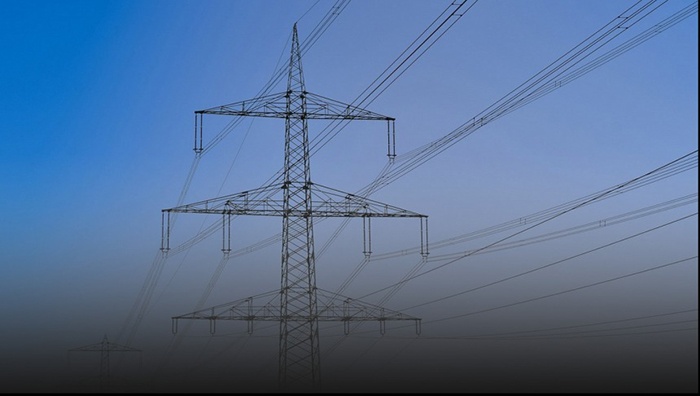 LOS ANGELES: Across California, thousands of miles of overhead power cables run through cities, countryside, and forests. It only took a tree to fall on one of these lines to start a devastating fire this summer.
LOS ANGELES: Across California, thousands of miles of overhead power cables run through cities, countryside, and forests. It only took a tree to fall on one of these lines to start a devastating fire this summer.
With its fragile and aging infrastructure, the most populous US state is falling behind in its race against climate change. Every summer Californians understand that they risk plunging into darkness at any moment. As soon as the red fire alarm flag is raised, preventative power line shutdowns can deprive thousands - if not millions - of electricity.
In recent weeks Los Angeles residents have been ordered at times to turn off their air conditioning, their ovens, and even unplug their appliances in order to prevent the grid from being overloaded. Despite being the fifth largest economy in the world, California suffers from outdated infrastructure, with some electricity operators accused of putting profit before public safety and not investing in modernizing their network.
Urgent
To boost its grid's safety, private electricity company Pacific Gas and Electric (PG&E) announced with great fanfare this week that it will bury more than 10,000 miles (16,000 kilometers) of power lines over the next 10 years in order to prevent them from accidentally sparking more fires. Patti Poppe, president of the operator that supplies power to millions in northern and central California, said the announcement had been scheduled to be made several months from now, but was brought forward because of the "emotional toll" of the Dixie Fire, which started in mid-July.
Preliminary investigations suggest this destructive blaze was caused by a tree falling on a PG&E power line. Even worse, the Dixie Fire is raging just a few miles from where a PG&E power line sparked the deadliest fire in modern California history in 2018, a blaze that left 86 dead and destroyed 18,000 buildings in and around the town of Paradise. State Governor Gavin Newsom, who previously slammed the operator for "greed and mismanagement" demanded this week that PG&E and other suppliers demonstrate "real accountability" and invest in a strategy to eliminate wildfires.
Agile Infrastructure
Is burying electric cables the miracle solution? It would reduce the risk of fires as fewer cables would be damaged due to extreme heat, and would also give the operator an opportunity to modernize hardware, said Mikhail Chester, professor of sustainable engineering at Arizona State University. But he warned climate change right now is moving faster than infrastructure is adapting. If 2020 was the worst year in modern California fire history, 2021 is very likely to break that record.
"In dealing with climate change we need to make infrastructure more agile and flexible so that we can respond to change as quickly as it is unfolding," Chester told AFP. And the problem goes well beyond the California forest fires. With hurricanes, floods, and other extreme weather events - which are becoming more frequent due to global warming - millions of Americans will have to learn to occasionally live in the dark. – AFP










